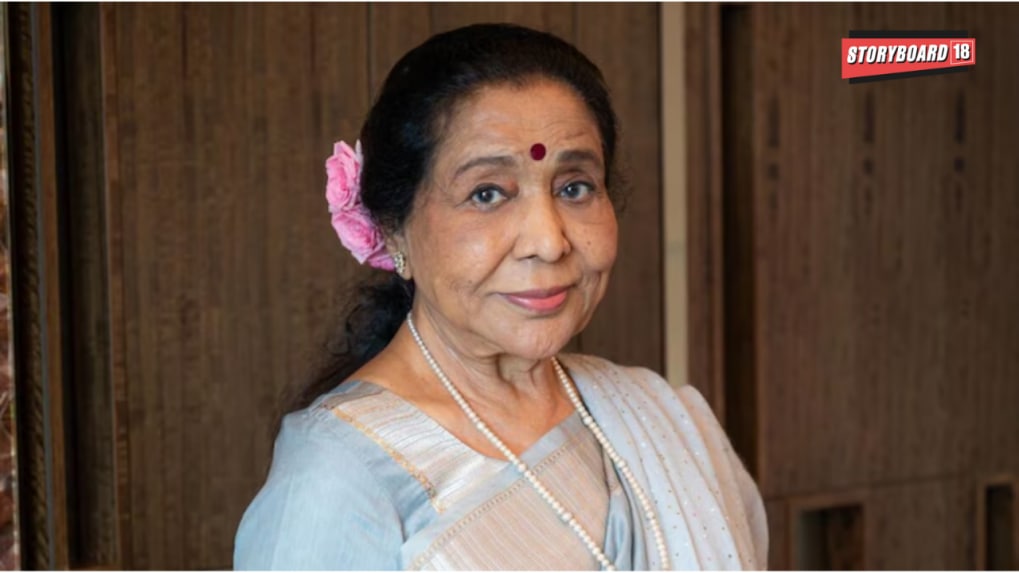Advertising
From Pink Slips to Silent Sidelining: Inside adland’s layoff and anxiety crisis

The Bombay High Court has granted legendary playback singer Asha Bhosle ad-interim relief against unauthorized cloning of her voice and commercial exploitation of her image, Bar and Bench reported.
Justice Arif S Doctor held that the unauthorized use of a celebrity’s core traits including name, voice, likeness, caricatures, or photographs amounts to a violation of publicity and personality rights.
The Court came down heavily on AI platforms enabling voice replication, stating, “Making AI tools available to convert any voice into that of a celebrity without permission constitutes a violation of personality rights.”
Bhosle, who has built a global reputation over an illustrious 82-year career, approached the court after discovering her likeness and voice being misused by AI companies, online marketplaces and independent sellers. The plaint named U.S.-based AI firm Mayk Inc, Amazon, Flipkart, Google/YouTube and independent vendors for selling merchandise and hosting AI-generated content that imitated her voice and persona without consent.
The Court’s order restrains AI platforms and online sellers from misappropriating any aspect of Bhosle’s personality including her vocal style, technique, photographs or signature for commercial or personal gain. It further directed the removal of cloned voice models, infringing merchandise and YouTube videos, while mandating disclosure of seller and subscriber details to aid legal proceedings.
Amazon and Flipkart have been given one week to pull down infringing listings and ensure future compliance, while YouTube has been ordered to remove specific URLs flagged in the plaint.
The matter will be heard next on October 13, 2025.
From purpose-driven work and narrative-rich brand films to AI-enabled ideas and creator-led collaborations, the awards reflect the full spectrum of modern creativity.
Read MoreLooking ahead to the close of 2025 and into 2026, Sorrell sees technology platforms as the clear winners. He described them as “nation states in their own right”, with market capitalisations that exceed the GDPs of many countries.